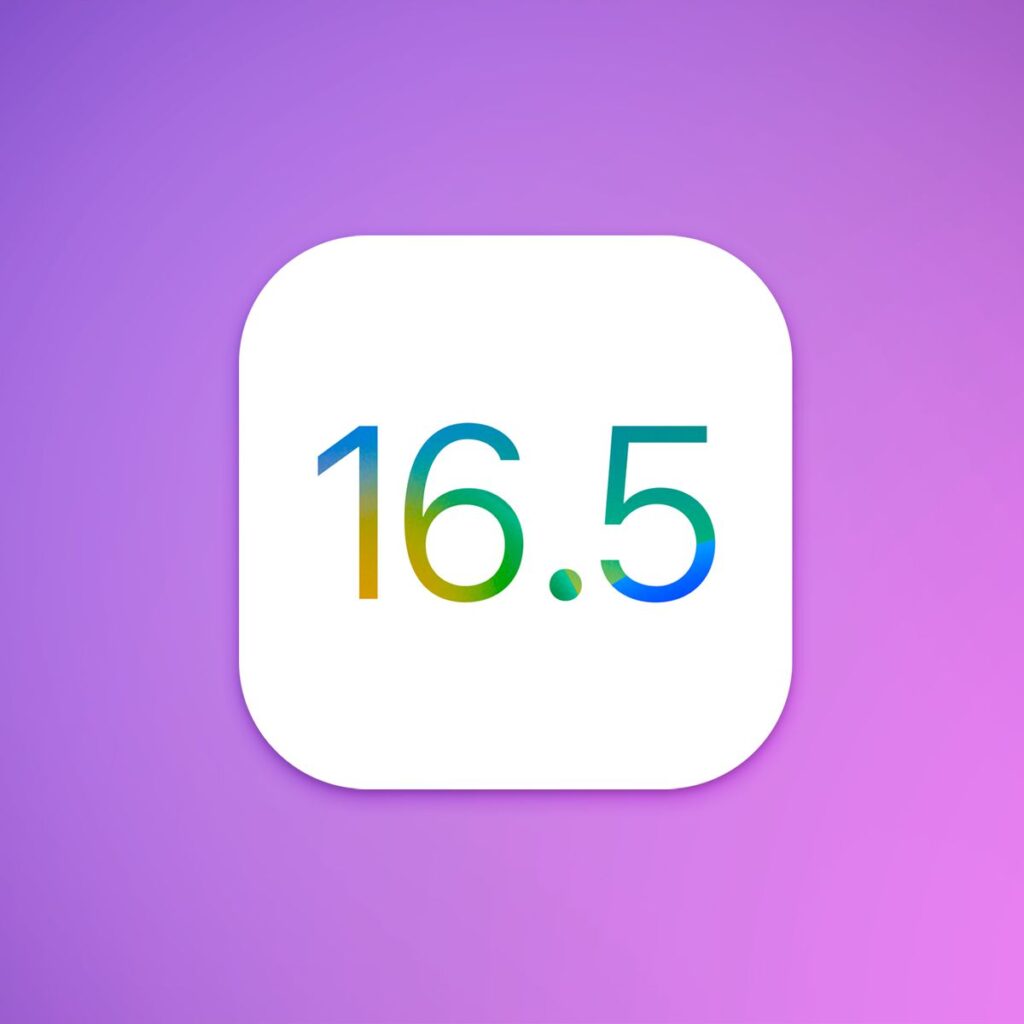Have you ever wondered why some iPhone users make a habit of closing all their open applications? You may have heard people say that closing all the apps on your iPhone can improve its performance and battery life, but is that really true? In this post, we’ll explore whether or not it’s necessary to close all your iPhone apps and what effect it has on your device.

First off, it’s important to understand how iOS multitasking works. When you open an app on your iPhone, it remains in the background even if you switch to another app or go back to the home screen. This is known as app “multitasking.” When you switch back to the original app, it’s still running in the background, which allows it to resume where you left off.
Many people believe that closing all the apps running in the background can improve their iPhone’s performance and battery life. The logic behind this is that by closing the apps, you are freeing up memory and processing power, which can make the device run faster and smoother.
However, this is actually a myth. Apple itself has confirmed that closing all your open apps on iPhone does not improve its performance or battery life. In fact, closing apps in the background can actually have a negative effect on your device’s performance and battery life.
When you close an app, it is removed from the iPhone’s RAM memory, which means that when you open it again, it has to reload from scratch. This process can actually use more processing power and energy than if you had just left the app running in the background. In addition, constantly closing and reopening apps can cause unnecessary wear and tear on your device’s memory and storage.
So, if closing all your iPhone apps doesn’t improve performance or battery life, what should you do? The best practice is to let iOS manage multitasking on its own. If you’re not using an app, it will automatically be put into a “suspended” state, which uses minimal processing power and battery life. This means that it won’t be using any resources until you switch back to it, at which point it will resume where you left off.
In summary, you don’t need to close all your open apps on your iPhone. Let iOS manage multitasking on its own and you’ll have a better overall experience. It’s always a good idea to periodically restart your iPhone to refresh its memory and clear out any unnecessary data, but constantly closing apps isn’t necessary. Trust the intelligence built into iOS and let it work its magic.










